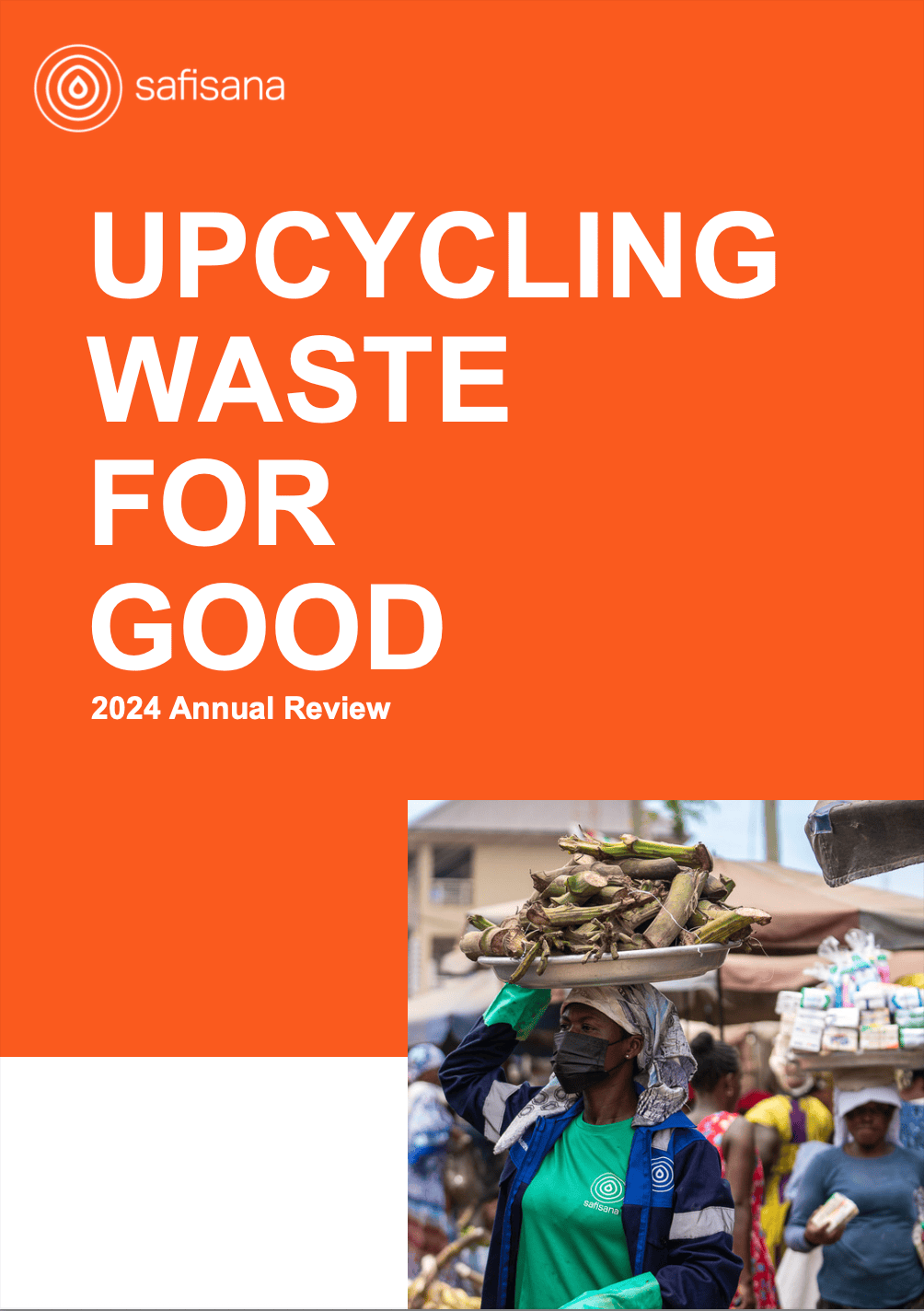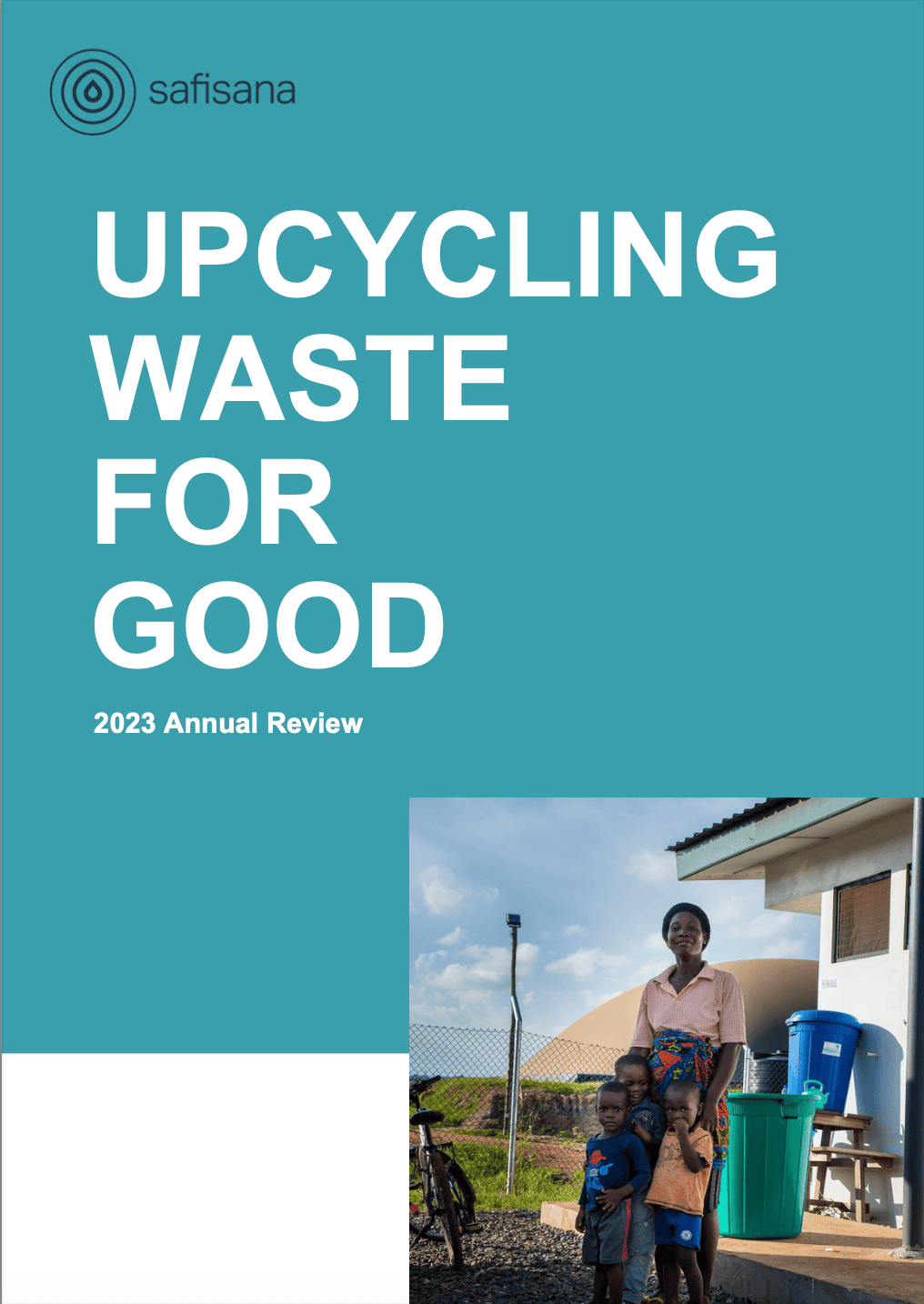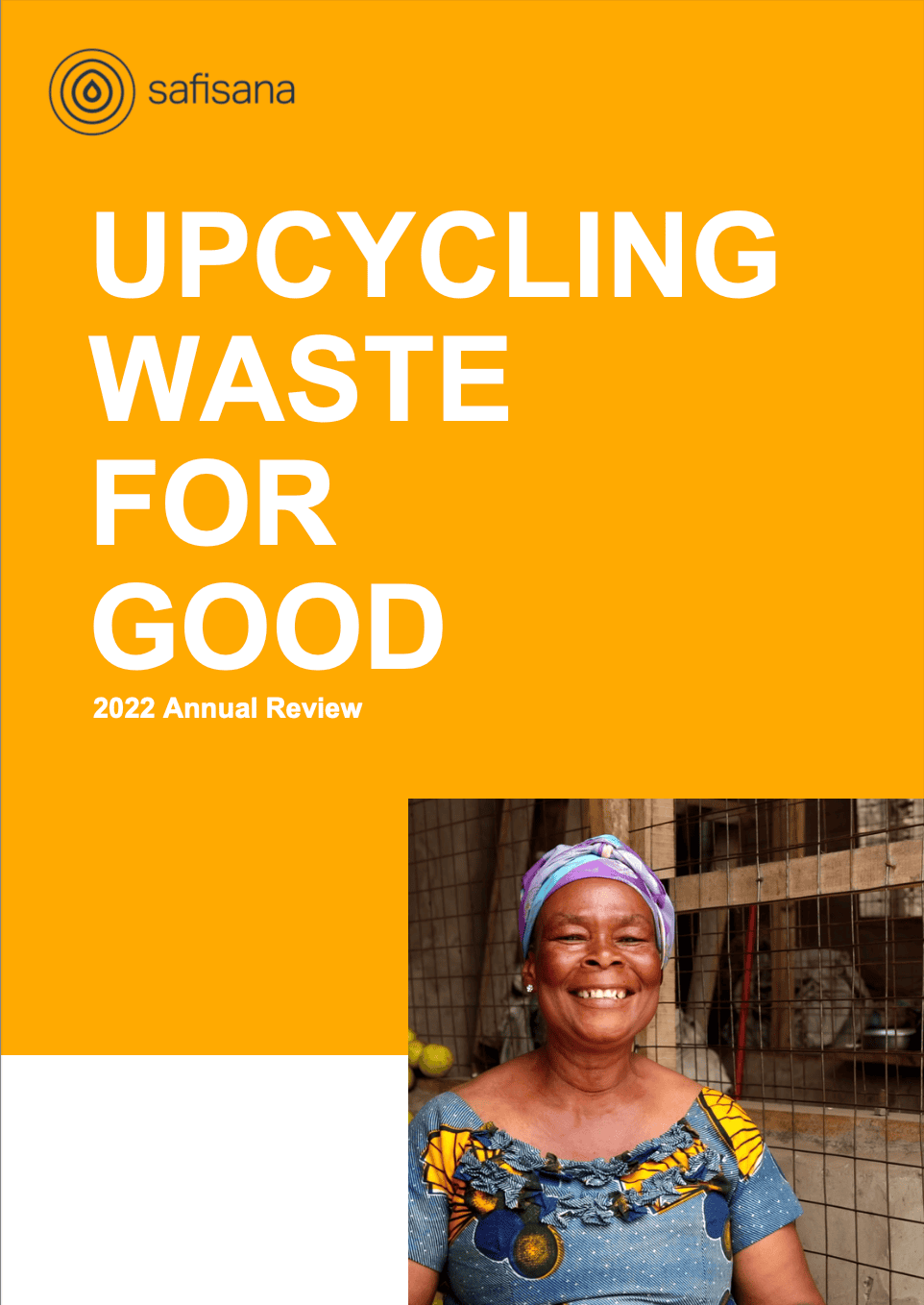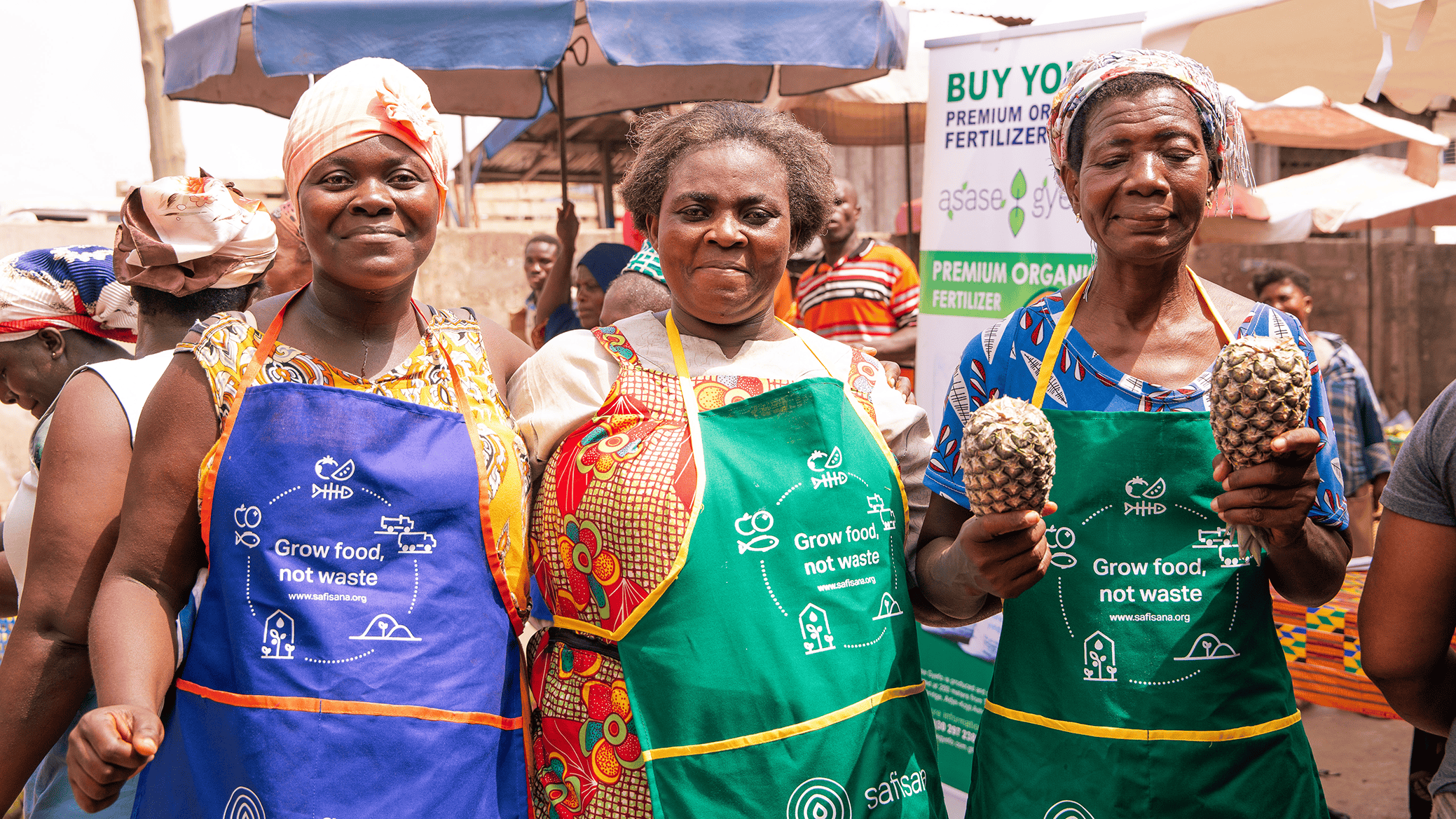
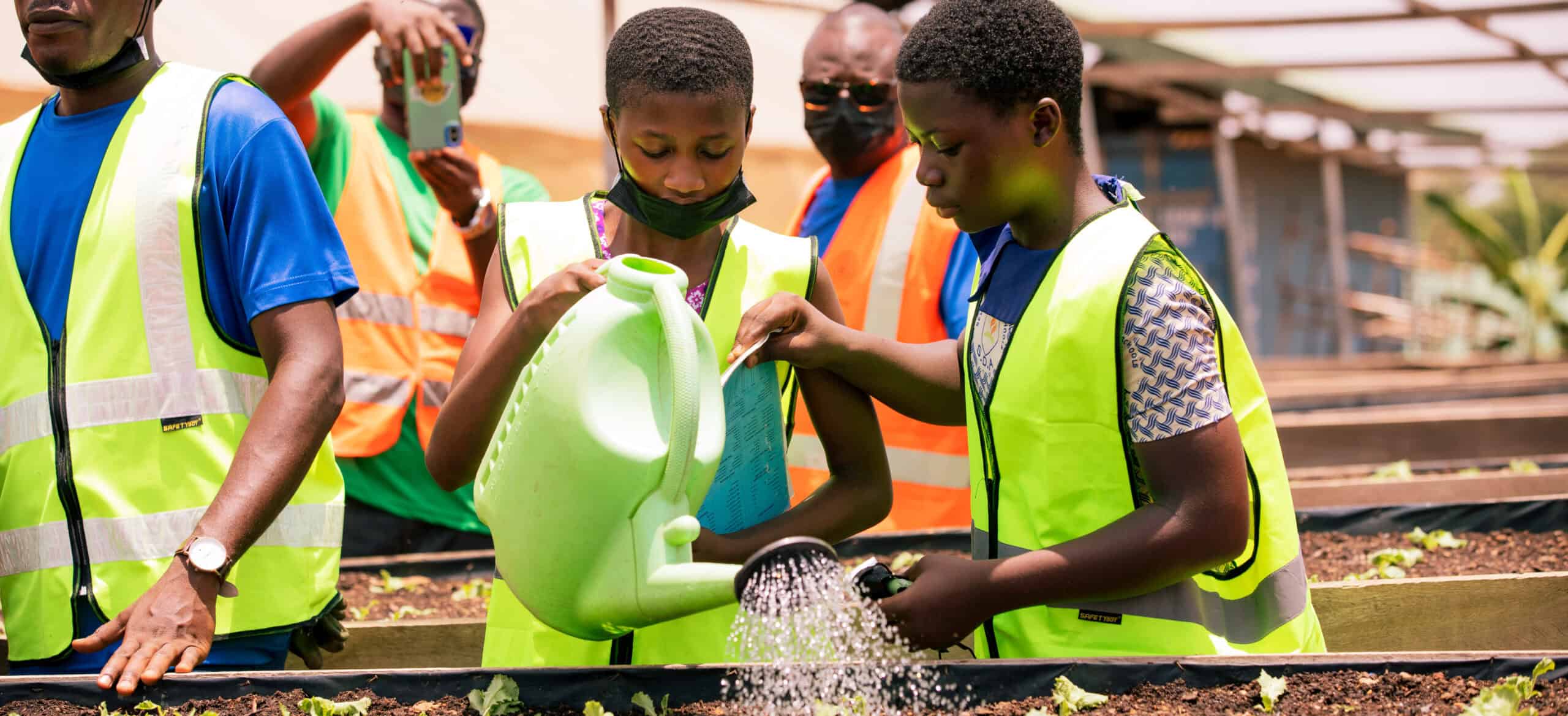
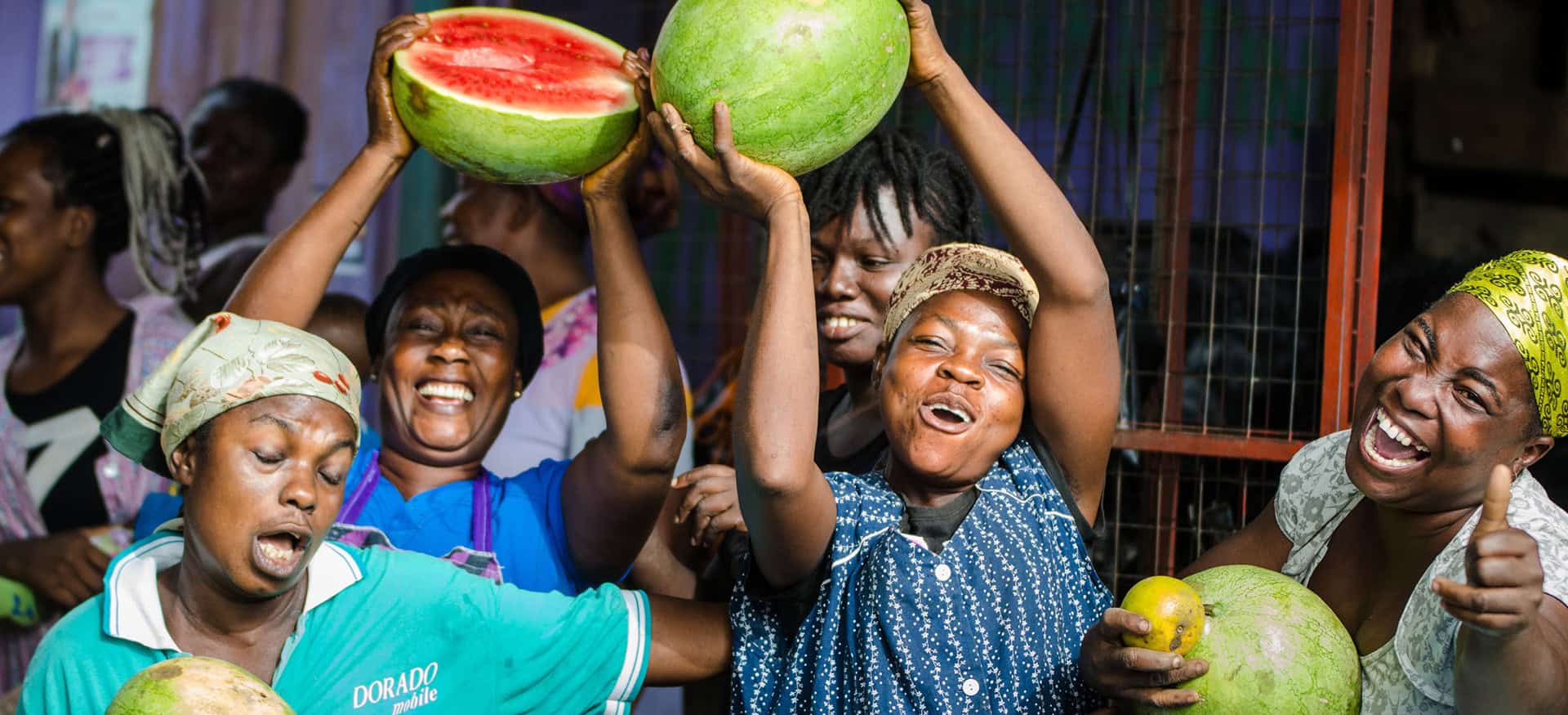
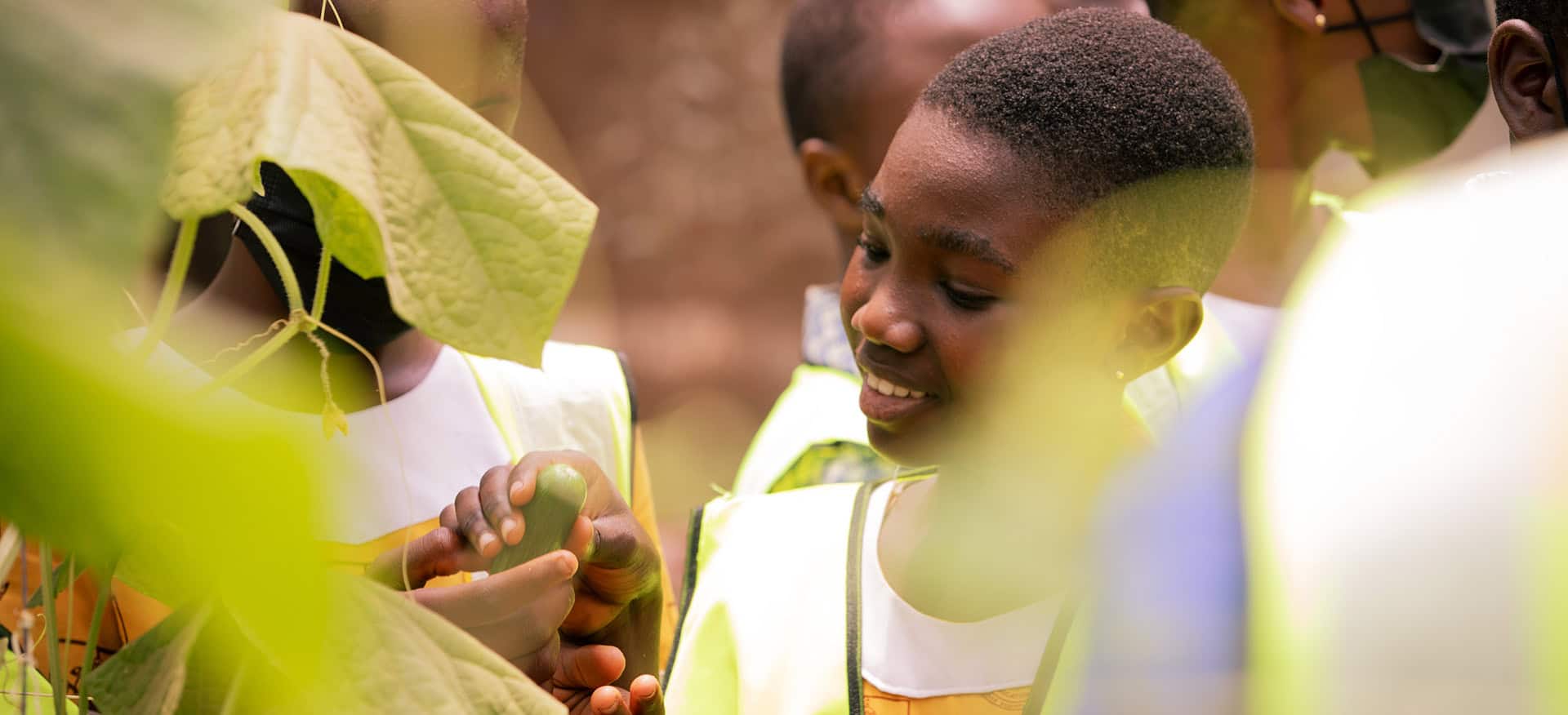
Upcycling Waste For Good
With cities growing fast and the planet under pressure, the world needs bold solutions for waste, energy, food, and climate. At Safisana, we transform human and organic waste into renewable energy and eco-friendly fertilizer—solving multiple challenges with one circular model.
The Safisana Foundation is the philanthropic arm of Safisana’s social enterprises. We are on a mission to bring our innovative circular model to as many low-income urban communities as possible—improving public health, reducing pollution, strengthening livelihoods, and accelerating climate resilience.
Why We Exist

3.4 billion
people globally still lack access to safely managed sanitation, leading to 829,000 deaths each year from poor sanitation, water, and hygiene

2.3 billion
people experienced moderate or severe food insecurity in 2024, a challenge expected to worsen as climate change intensifies

2.1 billion
people worldwide remain dependent on polluting fuels and technologies for cooking, and 670 million people still live without access to electricity
The Safisana Model
Safisana collects faecal sludge from public toilets and organic waste from local markets and businesses. Our biodigester transforms these two inputs into renewable natural gas and electricity, to power local communities. The residual waste is further processed into organic fertilizer, sold to local farmers
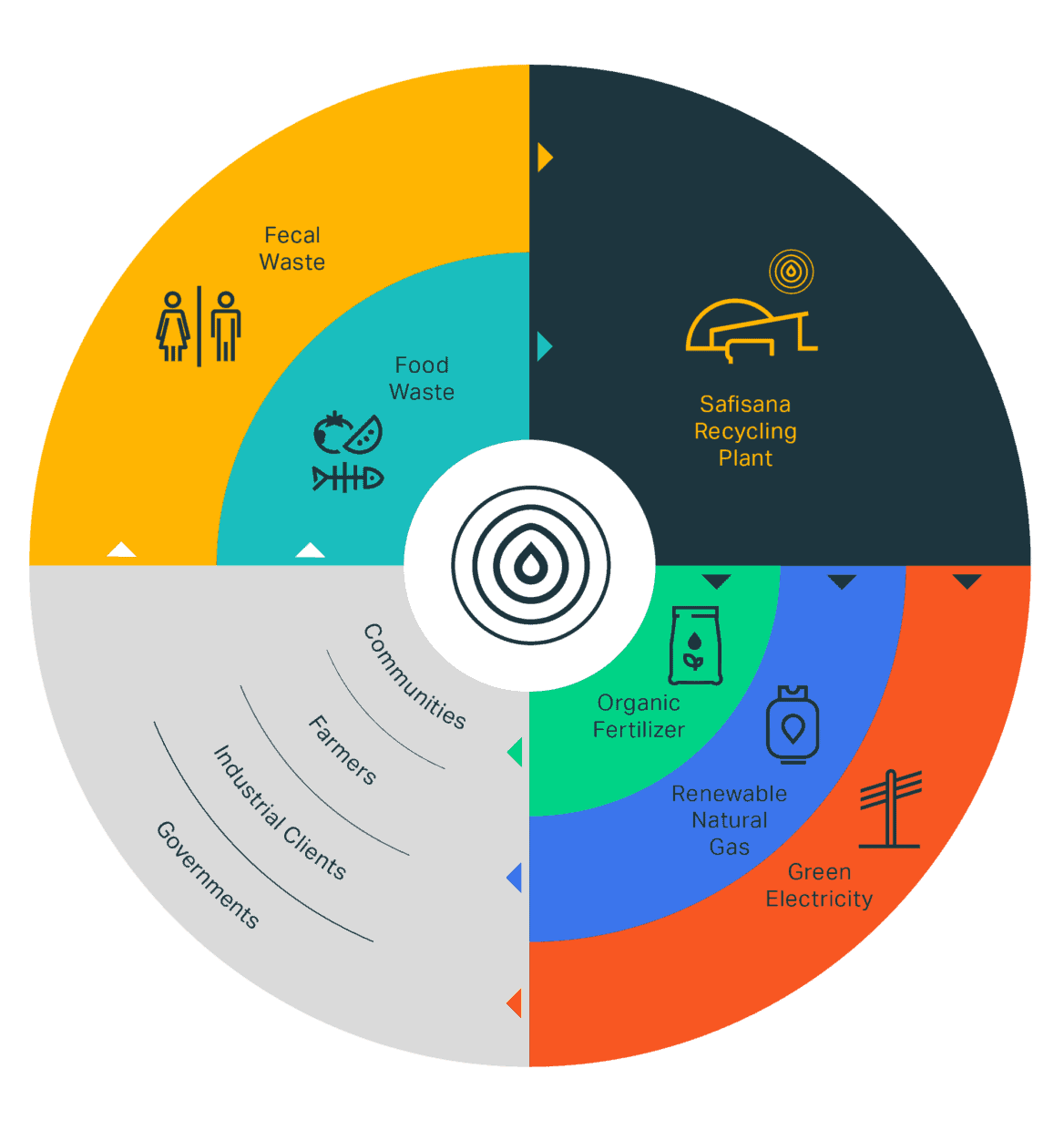
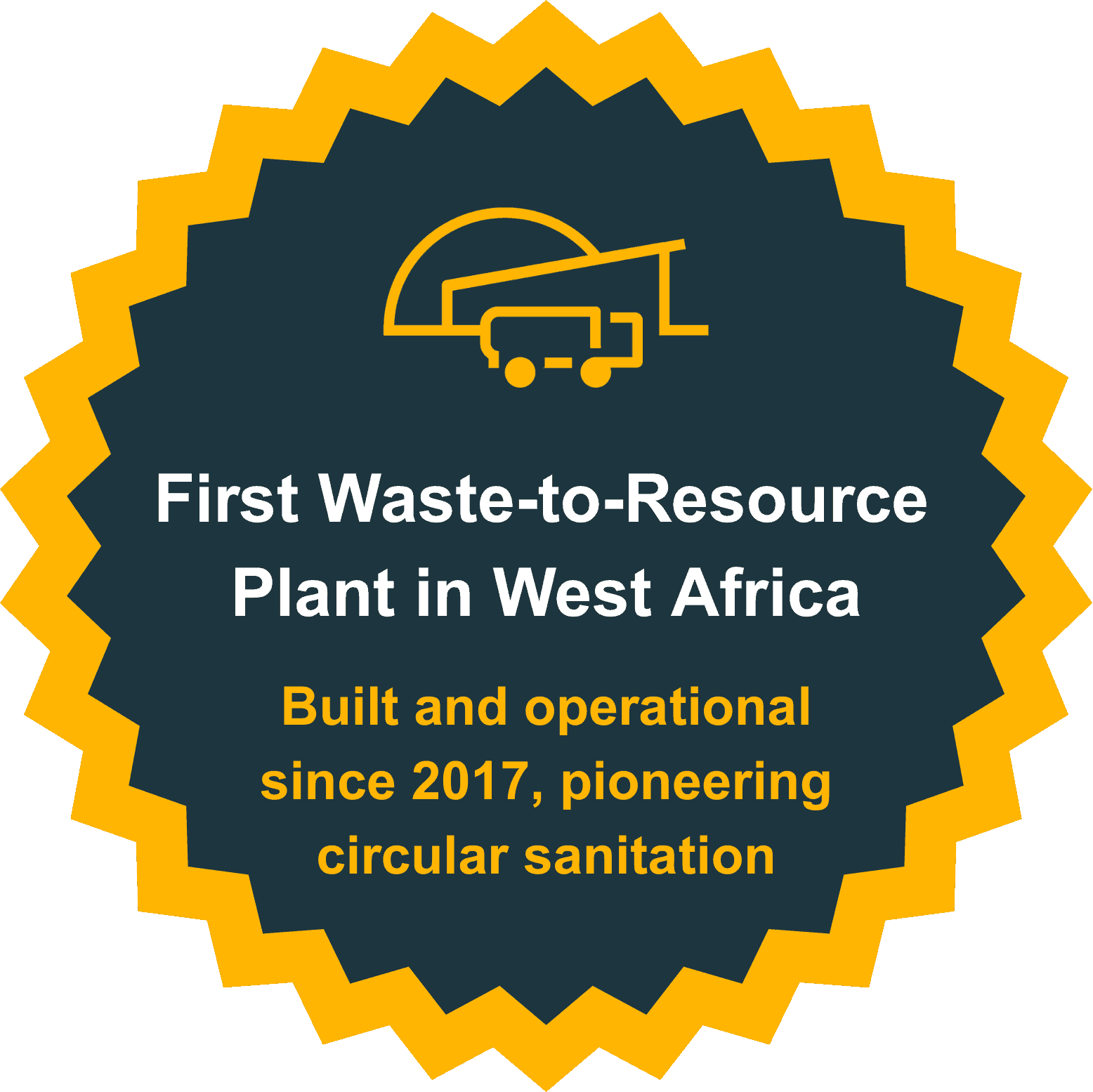

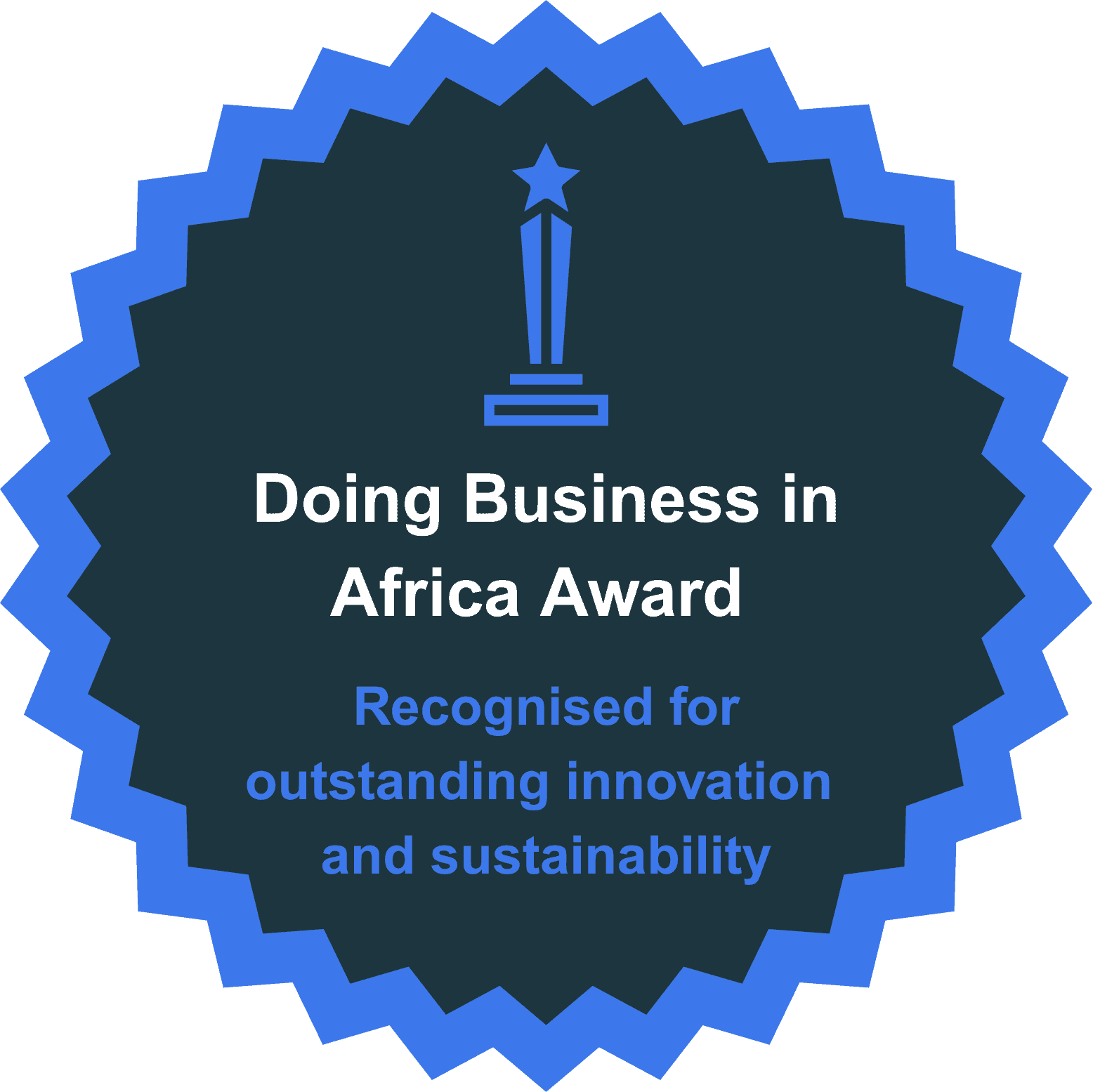
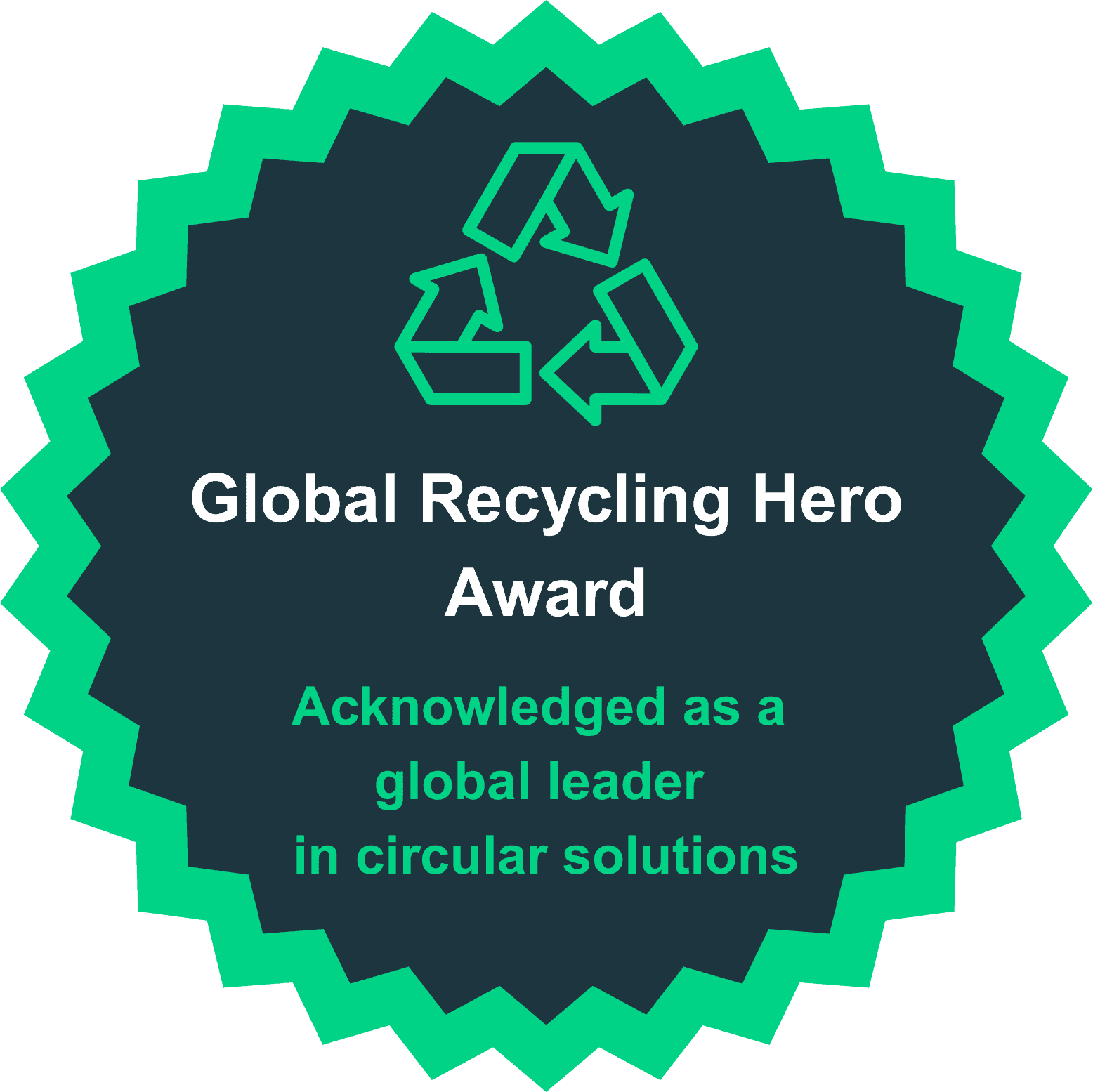




Our Mission
The Safisana Foundation is the knowledge base and accelerator for the scale-up of the Safisana model
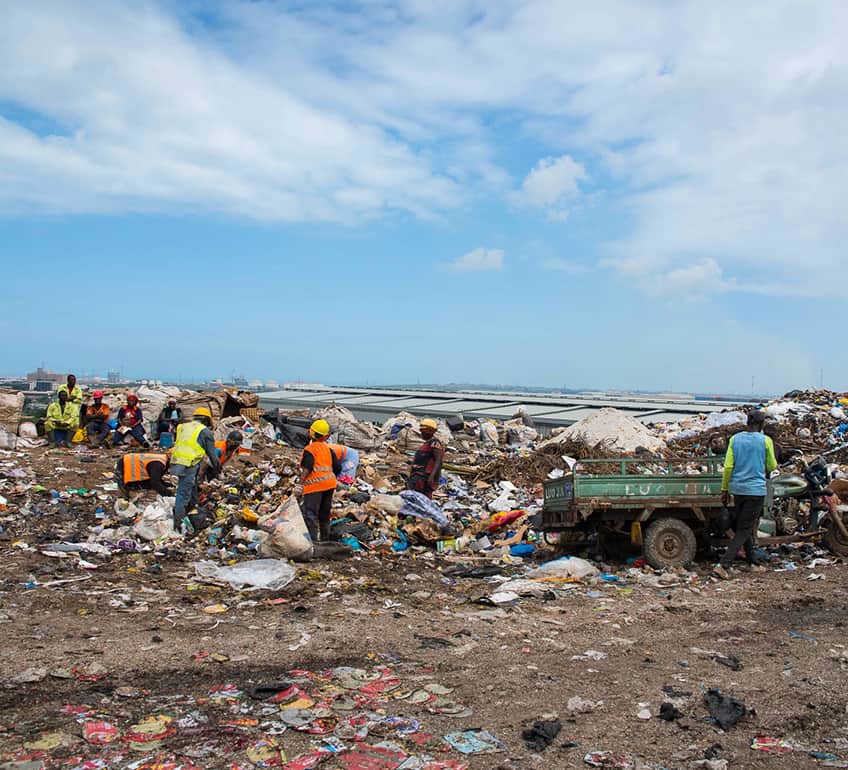
'In many low and middle income countries poor waste management puts a huge pressure on the natural environment, public health, and related governmental budgets. Global urbanisation will only intensify this problem over the next decade, unless we support governments, utilities and IFI’s to address this problem.'

Aart van den Beukel
Managing Director and Founder of Safisana

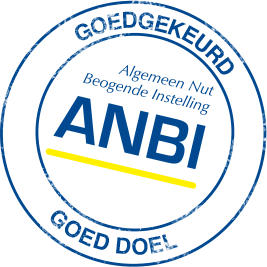
ANBI-Status
The Safisana Foundation is a Dutch-registered non-profit with public benefit status (ANBI). You can find more information on our ANBI status and policies by clicking here
Annual Reviews
For more news and stories, go to our Impact Blog
Contact
Safisana Foundation, The Netherlands
+31 (0)294 773857
safisanafoundation@safisana.org
Stationsplein 30
PO Box 5064, 1382 CB Weesp
RSIN: 8221.97.571
